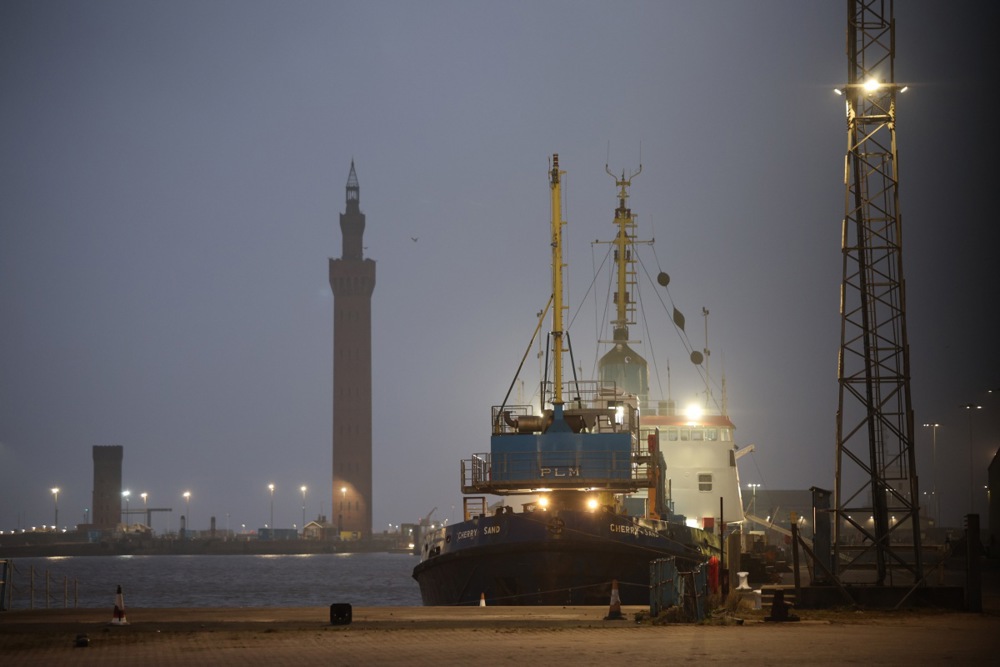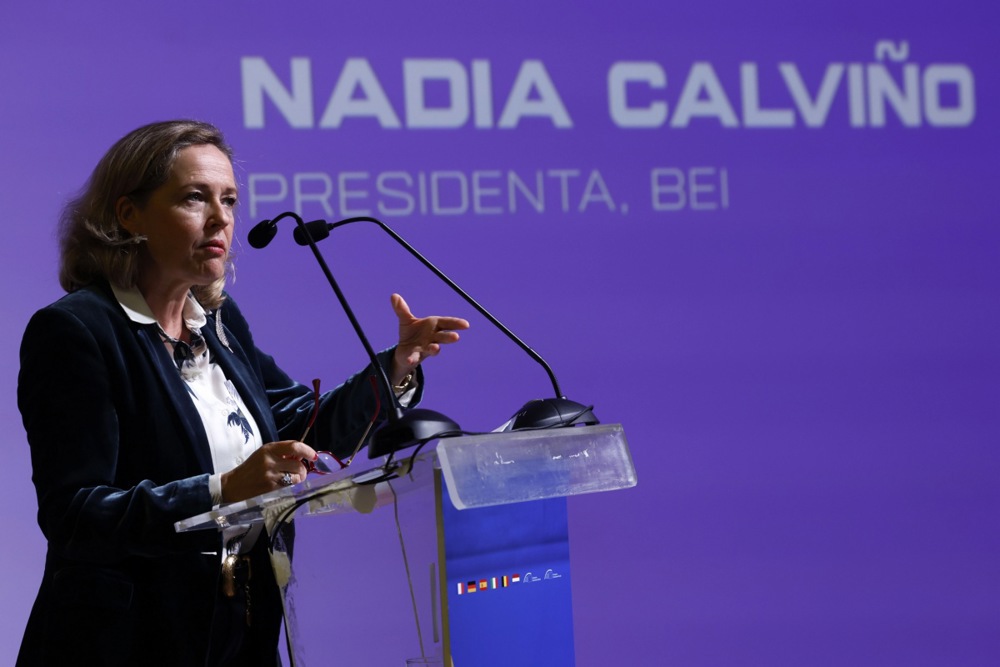EU measures targeting Russia’s shadow fleet could risk triggering an escalation in response, experts have told Brussels Signal.
“Oil revenues remain one of the Kremlin’s most important sources of income”, said Aura Sabadus, a fellow at London’s RUSI think tank.
Moscow could therefore act to protect one of the few lifelines left for its wartime economy.
Russia has “spent a lot of money” to build a fleet of tankers that allows it to bypass sanctions and continue selling oil, she said.
“Russia already has begun to react against the interception of its tankers,” David Betz, professor of war studies at King’s College London, said in an interview.
EU actions against the shadow fleet tankers could provoke further retaliation, he said.
“It does have the potential for some military response or indeed quasi-military or hybrid response to attacks on its shipping,” said Betz.
“I would expect them to take measures to protect this fleet,” agreed Sabadus.
The shadow fleet was “one of a number of areas where there is potential for escalation”, said Betz.
“In war, escalation is a central dynamic,” he said. “History is full of examples of wars which got out of control and exceeded the initiating political arguments which animated that war.”
However, Sabadus did not believe Russia would go as far as war.
“I doubt they would go as far as starting a war over these vessels,” she said. “But they would certainly try to keep them functional and afloat as much as possible.”
The EU formally adopted its 17th sanctions package earlier in May, blacklisting 189 tankers it says are involved in transporting Russian oil and petroleum products.
While Western countries have focused on blacklisting and insurance bans, Poland and Baltic states push for more direct measures, including interdicting or seizing shadow fleet vessels that enter European waters.
“They are desperate to sell the oil,” Sabadus said. “And yes, oil brings in a lot more money [than gas].”
“To the extent that oil export is fundamental to Russia’s economic survival, then we might find that it is not just able but willing to take the risk of escalating in that matter,” Betz said.
A March 2024 report by the Oxford Institute for Energy Studies estimated revenues from Russia’s oil and gas industry accounted for between 30 to 50 per cent of Moscow’s federal budget income over the past decade, and around 20 per cent of Russian GDP.
Russian budgetary statistics have become harder to access, making oil-related figures from the finance ministry “even more significant”, it said.
Russia’s ability to project naval power is limited, said Betz. “It is fundamentally a very mighty land power,” he said, “but its ability to operate in the maritime field is rather more constrained.”
In the face of falling revenue, Russia has continued to fund and operate its shadow fleet despite the vessels often being old, uninsured and flagged through opaque jurisdictions.
“These are very old vessels,” Sabadus said, “and the Russians have been using them pretty much without insurance.”
She said countries around the Baltic Sea “could stop them from sailing further by blocking or seizing them”.
Eastern EU states have become the strongest voices for enforcement actions against the shadow fleet.
According to Betz, this reflects a divide in how the war is seen inside the EU.
“The Baltics are in a very paralysed geostrategic situation,” he said. “Their anxiety about looming conflict is perfectly understandable.”
But for the rest of Europe, he said, those concerns are much less immediate, and Russia likely lacks will or capacity to strike further West.
Still, the debate inside the EU has become increasingly urgent as Russia’s oil trade continues to function. Blacklisting tankers may not be enough, some now think.
The EU is currently preparing an 18th sanctions package.
Commission President Ursula von der Leyen confirmed the upcoming package would include new restrictions on the shadow fleet and further measures on Russian oil.
Member states were not discussing the use of frozen Russian assets “at this stage,” Commission spokesperson Paula Pinho said May 22.
The same day, the G7 finance ministers issued a joint statement condemning Russia’s continued aggression, saying “any organisation supporting Russia in the conflict” would be excluded from Ukraine reconstruction contracts.
“The agreement stipulates that countries or companies that have supported the Russian military industry or Russia’s military operations in Ukraine will not be able to participate in the reconstruction of Ukraine”, said Valdis Dombrovskis, the European Commissioner for trade, who represented the EU at the G7 meeting.
“It is clear that the opinions of the US representatives differed on these issues, but, in my opinion, the commitment of all those present to work on reducing uncertainty and resolving trade conflicts is commendable”, he said.





